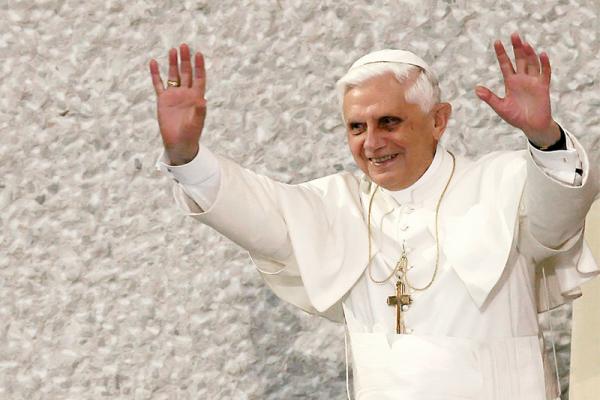Sep 13, 2016
Centuries ago, of course, the love lives of the popes — and cardinals and various powerful prelates — became a source of constant fascination and scandal. In these days of great anxiety in the church about the role of gays and gay rights, leaking stories about papal crushes can also be useful for signaling that a pope is straight, and not just straight but also virile and seriously attractive to women, an attraction he naturally must renounce.
But it’s still a balancing act — trying to advertise a pontiff’s shared humanity with the flock while not encouraging prurient speculation.
Read the Full Article

Already a subscriber? Login
